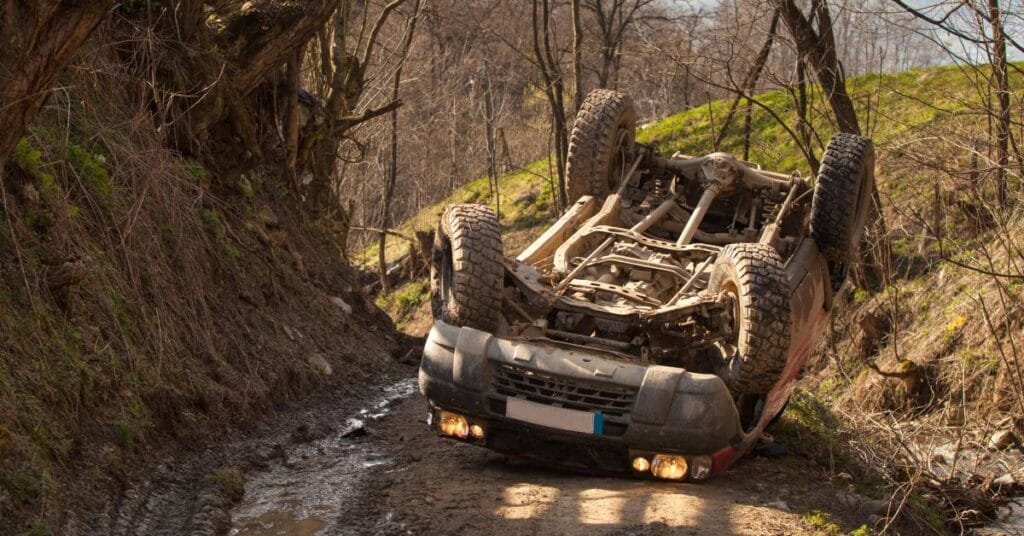Venturing off the beaten path is an exhilarating experience. For many vehicle owners, off-roading offers a thrilling escape from daily routines and a chance to explore the great outdoors. However, drivers must prioritize safety to ensure these adventures are not only fun but also secure.
If you’re getting ready to embark on your first off-road adventures, these safety tips for new vehicle owners are for you!
Know Your Vehicle Inside Out
Before you set out on your first off-road adventure, you must familiarize yourself with your vehicle’s capabilities and limitations so that you can make informed decisions while navigating challenging terrains. Check your vehicle’s owner’s manual to learn about its off-road features, such as four-wheel drive, traction control, and ground clearance.
Additionally, inspect your vehicle for any pre-existing issues or maintenance needs. Ensure that your tires are suitable for off-roading and have adequate tread. Check the fluid levels, brakes, and suspension system, and never forget the importance of car paint protection while driving in rough terrain.
Research and Plan Your Route
Spontaneity can add excitement to off-roading, but planning your route and researching your planned route are essential steps for ensuring your safety. Knowing what to expect will help you prepare for potential challenges and minimize risks.
Start by selecting a trail that matches your skill level and your vehicle’s capabilities. Pay attention to trail ratings, difficulty levels, and any specific hazards associated with the route. Online forums, guidebooks, and local off-roading clubs are excellent resources for finding suitable trails. Study maps and satellite images of the area to familiarize yourself with the terrain and take note of potentially challenging obstacles.
Pack Essential Safety Gear
Having the right safety gear is crucial for a successful off-road adventure. Packing essential equipment will help you handle emergencies and unexpected situations. Start with a well-stocked first aid kit that includes bandages, antiseptics, pain relievers, and any necessary medications. A fire extinguisher, flashlight, and multi-tool are also essential items to have on hand.
Bring recovery gear, such as tow straps, a winch, and a shovel, in case your vehicle gets stuck. A tire repair kit, air compressor, and spare tire are vital for addressing tire-related issues. Additionally, pack extra food, water, and warm clothing in case you encounter delays or need to spend more time on the trail than anticipated.
Stay Connected and Share Your Plans
Communication is a critical aspect of off-road safety, and ensuring that you can stay connected with others and share your plans will provide added security during your adventure. Before heading out, inform a friend or family member of your plans, including your route, expected return time, and contact information.
Carry a fully charged cell phone and a portable charger to maintain communication. In areas with limited cell service, consider using two-way radios or a satellite phone for reliable communication. These devices can be lifesavers in emergencies when traditional communication methods are unavailable.
Off-road adventures offer an exciting escape from the ordinary, but you must consider your own well-being. By following these essential safety tips for new vehicle owners, you’ll be well-prepared to tackle the challenges of off-roading while ensuring a safe and enjoyable experience.
